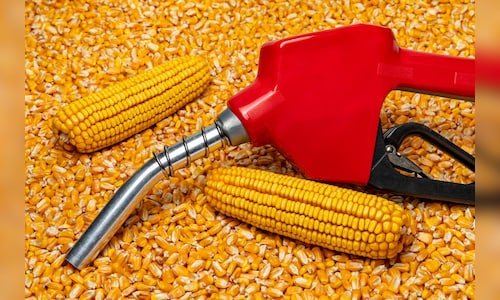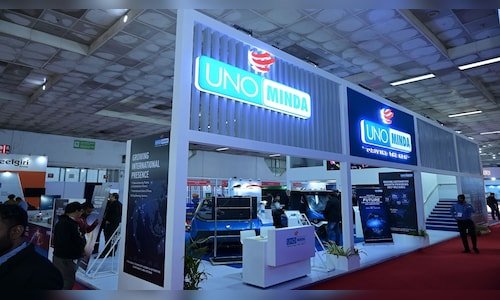Ethanol blend in petrol lowers mileage slightly but saves forex and supports farmers: Oil Ministry

Specifically, four-wheelers designed for E10 and calibrated for E20 may see a 1–2% drop in mileage, while other vehicles may experience a reduction of 3–6%.
#OilMin responds to impact on vehicle efficiency from 20% ethanol blending, says, #ethanol is lower in energy density vs #petrol & results in a marginal decrease in mileage
Mileage reduces by 1–2% in 4w designed for E10 & calibrated for E20 & by 3–6% in othersAllegation of E20… pic.twitter.com/IoBwH8fjba— CNBC-TV18 (@CNBCTV18Live) August 5, 2025
Dismissing claims that E20 causes a drastic drop in fuel efficiency, the Ministry said such allegations are factually incorrect. It explained that improved engine tuning and use of E20-compatible materials can minimise efficiency loss, and major automakers have already adopted these upgrades.
The Society of Indian Automobile Manufacturers (SIAM) noted that E20-compliant vehicles with upgraded components began rolling out in April 2023.
Scientific studies cited by the Ministry, including those from the Automotive Research Association of India (ARAI), Indian Institute of Petroleum (IIP), and Indian Oil Corporation (R&D), showed no significant impact on vehicle performance, power, or fuel consumption when using E20.
Testing covered both carbureted and fuel-injected vehicles up to 100,000 km, with no major differences observed in performance, drivability, or wear-and-tear. E20 also passed hot and cold start tests without engine damage.
????Some articles/ reports in the media have raised concerns about the potential negative impact of 20% ethanol blending (E20) in petrol, particularly with regard to older vehicles and customer experience. These concerns, however, are largely unfounded and not supported by…
— Ministry of Petroleum and Natural Gas #MoPNG (@PetroleumMin) August 4, 2025
Regarding material corrosion, the Ministry stated that safety standards, including corrosion inhibitors and compatible materials, are defined by BIS specifications and Automotive Industry Standards.
For older vehicles, replacement of rubber parts or gaskets may be advised after 20,000 to 30,000 km of use. These replacements are minor, low-cost, and can be carried out during routine servicing.
On environmental impact, the Ministry highlighted that ethanol replaces petrol, reducing CO2 emissions. Ethanol is now produced not only from sugarcane but also from surplus rice, maize, damaged food grains, and agricultural residues.
A NITI Aayog study found that greenhouse gas emissions from sugarcane-based ethanol are 65% lower than petrol, and 50% lower for maize-based ethanol.
The Ministry also said ethanol’s higher octane rating (~108.5) compared to petrol (~84.4) improves ride quality and performance in high-compression engines. Ethanol’s higher heat of vaporisation lowers intake temperatures, increasing air-fuel density and volumetric efficiency.
E20 blending, the Ministry added, boosts India’s energy security by reducing crude oil imports. Since 2014–15, over ₹1.4 lakh crore has been saved in foreign exchange. It also supports rural income, with over ₹1.2 lakh crore paid to farmers through ethanol procurement. Additionally, E20 blending has helped reduce CO2 emissions by 700 lakh tonnes.
Discover more from News Hub
Subscribe to get the latest posts sent to your email.







